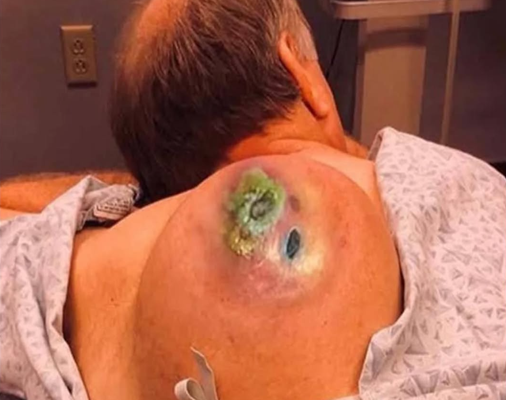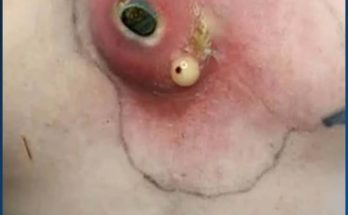Battling the Breakout: Understanding Acne and How to Keep Skin Healthy
Acne is one of the most common skin conditions in the world, affecting millions of people across all age groups. Though often associated with adolescence, breakouts can persist or even emerge in adulthood, causing both physical discomfort and emotional distress.
Recent health reports indicate that nearly 85% of people between the ages of 12 and 30 will experience acne at some point in their lives. While the condition is not life-threatening, it can leave behind long-term scars—both on the skin and self-esteem.
The Root of the Problem
Acne develops when hair follicles become clogged with oil (sebum), dead skin cells, and bacteria. This leads to inflammation, redness, blackheads, whiteheads, and in severe cases, painful cysts. Hormonal changes, genetics, stress, diet, and improper skincare routines can all contribute to the condition.
Dr. Hannah Kim, a dermatologist based in New York, explains:
“Acne is often misunderstood as a hygiene problem, but it’s far more complex. Even people with the cleanest routines can suffer from breakouts if underlying factors like hormones or inflammation aren’t addressed.”
The Emotional Toll
Beyond the visible blemishes, acne can have a deep psychological impact. Studies link chronic acne with increased risks of anxiety, depression, and social withdrawal—particularly among teenagers and young adults.
Social media culture, where filtered perfection is often the norm, only amplifies the pressure to have flawless skin. “It’s easy to feel like you’re the only one struggling, but the reality is that skin problems are incredibly common,” says Dr. Kim.
How to Take Care of Your Skin and Prevent Acne
Experts agree that while acne can’t always be prevented, consistent and proper skincare can make a huge difference. Here are key tips:
1. Gentle Cleansing
Wash your face twice a day with a mild, non-comedogenic cleanser. Avoid harsh scrubbing, which can irritate the skin and worsen breakouts.
2. Hydration is Key
Even oily or acne-prone skin needs moisture. Choose lightweight, oil-free moisturizers that don’t clog pores.
3. Avoid Touching Your Face
Your hands carry bacteria and oils that can trigger breakouts when transferred to your face.
4. Use Acne-Fighting Ingredients
Look for products with salicylic acid, benzoyl peroxide, niacinamide, or retinoids. Start slowly to avoid irritation and always patch test new products.
5. Sun Protection
Use a non-comedogenic sunscreen daily. Contrary to old myths, sun exposure doesn’t “dry out” acne—it can actually worsen inflammation and cause pigmentation issues.
6. Healthy Diet & Lifestyle
While food doesn’t directly cause acne, some studies suggest that high-sugar diets and dairy products may contribute to breakouts in certain individuals. Drinking water, managing stress, and getting enough sleep also play a vital role in skin health.
7. Don’t Pop Pimples
As tempting as it may be, popping pimples can lead to infections, scarring, and even deeper acne.
When to See a Dermatologist
If over-the-counter products and lifestyle changes don’t improve your acne within a few months, it’s time to seek professional help. Prescription treatments—including topical creams, oral antibiotics, hormonal therapies, or isotretinoin—can be highly effective under medical supervision.
“Early treatment not only clears the skin but also prevents permanent scarring,” Dr. Kim emphasizes. “Everyone’s skin is different, and personalized care is the most effective approach.”
A Hopeful Outlook
With growing awareness, better products, and improved medical treatments, acne is no longer something people have to suffer through in silence. From teens navigating puberty to adults managing hormonal changes, healthy skin is possible with patience, knowledge, and care.
So whether it’s a gentle skincare routine, a balanced diet, or visiting a professional, the path to clearer skin starts with understanding—and a little self-love.



